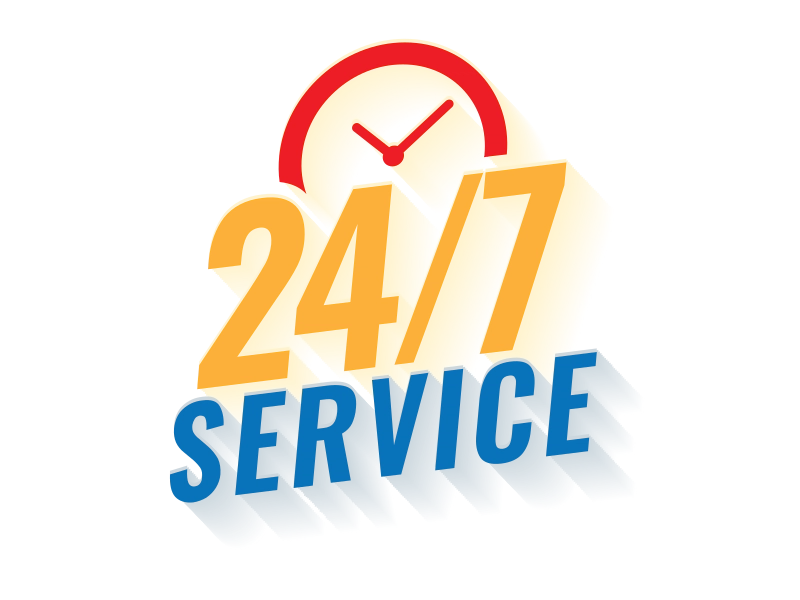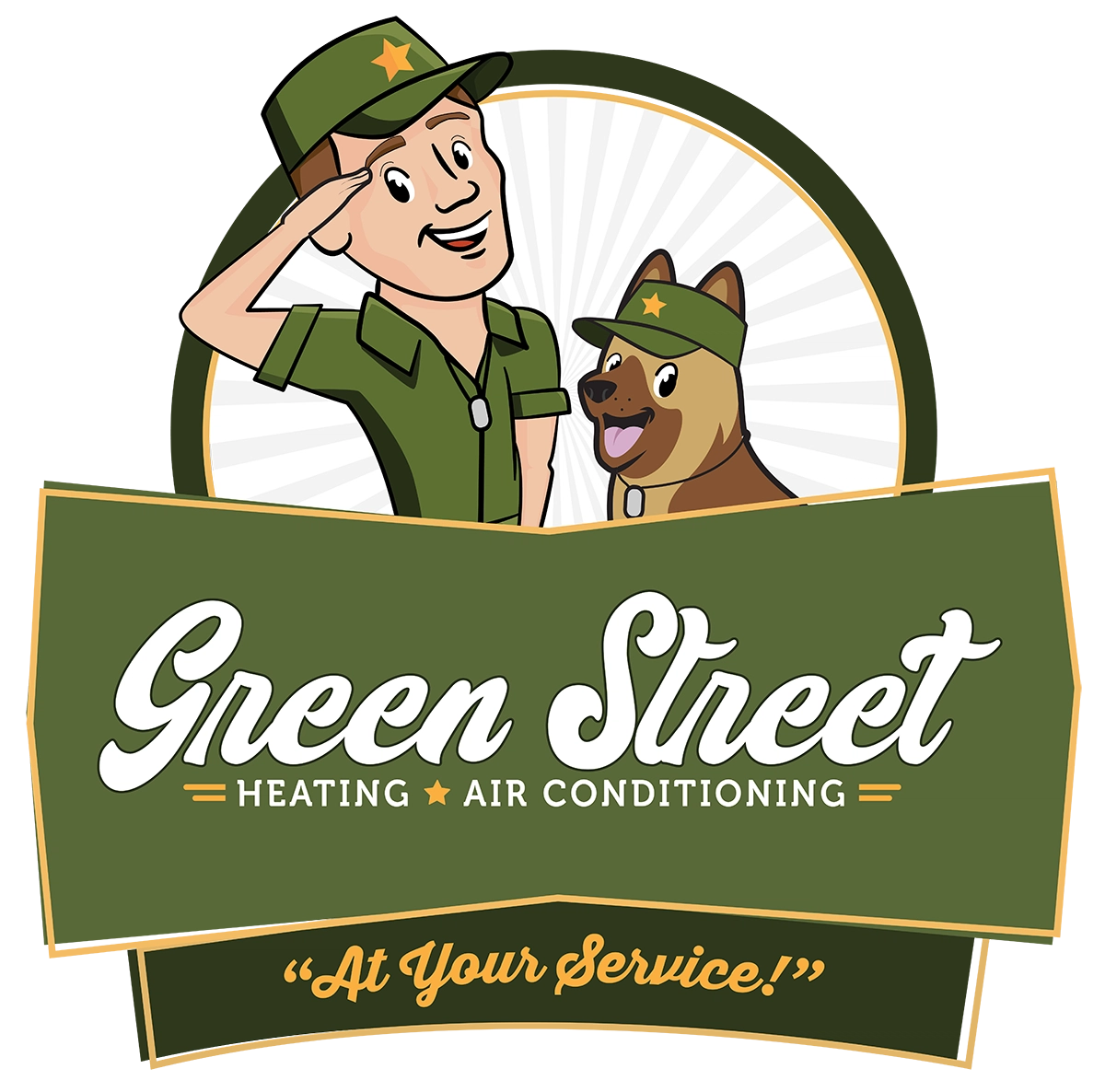Give us a call now for an immediate match with a local pro.
Click to Call(833) 824-3371(833) 824-3371
Last Updated: February 25, 2025
If you're like the average American, over half of your energy bill (55%, according to the Department of Energy) goes toward heating and cooling your home. Energy costs in Nashville are often higher than in other places, which means you'd probably like to save money on your bill.
Our list of Nashville's top HVAC companies can help you get your system into its best shape ever, allowing you to keep comfortable while saving money.

Our Rating
User Rating
Informative resources
Reliable customer support
Free quotes
Clear pricing policy
Services Offered

Our Rating
User Rating
Informative resources
Prompt service delivery
Clear pricing policy
Free quotes
Reliable customer support
Services Offered

Our Rating
User Rating
Prompt service delivery
Reliable customer support
Free quotes
Informative resources
Clear pricing policy
Services Offered

Our Rating
User Rating
Clear pricing policy
Reliable customer support
Informative resources
Free quotes
Services Offered

Our Rating
User Rating
Reliable customer support
Free quotes
Clear pricing policy
Informative resources
Services Offered

Our Rating
User Rating
Clear pricing policy
Informative resources
Reliable customer support
Free quotes
Services Offered

Our Rating
User Rating
Clear pricing policy
Informative resources
Reliable customer support
Free quote
Services Offered

Our Rating
User Rating
Free quotes
Reliable customer support
Informative resources
Clear pricing policy
Services Offered

Our Rating
User Rating
Clear pricing policy
Reliable customer support
Prompt service delivery
Informative resources
Services Offered

Our Rating
User Rating
Clear pricing policy
Informative resources
Free quotes
Reliable customer support
Prompt service delivery
Services Offered
Today's Homeowner looks at dozens of datapoints on hvac companies to come up with our data-driven rankings. It's not possible for a company to pay for preferential treatment in our rankings. We look at the following key factors in determining who should top our list:
A faulty or aging HVAC system probably needs professional attention from a technician who can make fixes or install a new unit. Keep an eye out for these common signs that your HVAC needs service:
If you notice any of the above, have a local HVAC technician inspect your system. They can diagnose problems and recommend whether repair or full HVAC replacement is required.
Your HVAC installation or maintenance cost changes depending on the style of unit. Common HVAC unit types include the following:
HVAC maintenance prices vary based on the specific services needed. HVAC systems can be complex and potentially require several different services. Fees for typical jobs are as follows:
| HVAC Unit Type | Cost | |
|---|---|---|
| Split | $2,026-$5,164 | |
| Hybrid Split | $4,105-$7,563 | |
| Heat Pump | $3,178-$32,387 | |
| Packaged Heating and Air | $266-$443 |
HVAC system repairs and replacements are important, but can be expensive. Thankfully, homeowners can take steps to reduce wear and tear on their system and lower future maintenance needs.
| Service | Cost | |
|---|---|---|
| Filter Replacement | $66-$177 | |
| Condensor Cleaning | $1,330-$3,990 | |
| Thermostat Repair | $89-$222 | |
| Ductwork Cleaning | $426-$1,064 |
Knowing what makes a trustworthy HVAC company is key for a successful installation or repair. An experienced, credentialed HVAC contractor gives you confidence your system can provide consistent heating and air conditioning year-round.
Get quotes from three or more HVAC providers. Explain your issues and ask if technicians can inspect your system in person. Review each contractor's diagnoses, recommended solutions, estimated cost, timeline, and warranties. Avoid companies that pressure you or demand payment before work.
It's important to choose an HVAC company that employs technicians with the proper qualifications and expertise. HVAC contractors in all states have federal requirements set by the Environmental Protection Agency (EPA). To obtain the EPA Section 608 Technician Certification, contractors must pass an exam (the specific exam depends on the kind of equipment they plan to work with). Section 608 certification is required for all technicians who "maintain, service, repair or dispose of equipment that could release refrigerants into the atmosphere." All other licensing requirements are handled on a state-by-state basis.
In Tennessee, HVAC contractors only require a license when working on projects valued above $25,000. In these cases, they require a mechanical contractor license from the Department of Commerce and Insurance.
Many counties will require a Limited Licensed Electrician license to handle jobs involving electrical work, and there may be other local requirements for HVAC contractors. Be sure to check with your city or municipal government before signing a contract. You should also check a company's reviews and complaints with organizations such as the Better Business Bureau (BBB), Yelp, and Google Reviews. You'll want to select a provider with positive reviews and a history of good customer service.
Always make sure you understand what a company’s process looks like. When getting HVAC repairs, ask your provider to specify which parts require replacement and why. Confirm that your technician will clean and test your system at the end of the job to guarantee proper operation. When replacing your HVAC, have the provider describe the new features, estimated installation time, brand, model, and energy efficiency. Before signing a contract, ask about the process your provider will use to properly size the new system for your home and how much it will cost.
A trustworthy HVAC company will back its repair work and equipment installations with a warranty. The longer and more comprehensive the coverage terms, the better. Carefully review warranty terms for each contractor and choose the company that provides the greatest protection within your budget.
Get a written quote before HVAC work starts. A full quote includes both materials and labor costs. Make sure you understand and accept all terms before signing the contract.
Typically, you should have your HVAC system inspected twice a year. After that inspection, your technician will tell you what services are needed. You should also have your system inspected and serviced if you start to notice any issues, like strange noises, unusual smells, or leaks. If your home has ductwork, it should be serviced every few years.
The best times to have your HVAC system inspected are the spring and fall. Technicians are often less busy during these times, so it will be easier to get an appointment. This also helps get your system ready for the summer and winter, the times of the year when it gets the most use.
You can save energy during the summer by reducing the amount of power your HVAC system uses to keep your home cool. Keep your thermostat temperature as close to the outside temperature as you comfortably can, and try to avoid making drastic changes in temperature all at once. Keep your roof in good shape and seal any leaks around your doors and windows to help keep cool air in. Similarly, ensure that your attic is well ventilated to avoid trapping excess heat in your home.
Generally, HVAC installation or replacement takes one to three days for the entire system. Installing or replacing an air conditioning unit or a furnace takes anywhere from about half a day up to two days. The exact amount of time will depend on things like the size of your home, how easily accessible different areas are, and whether your technician discovers any problems.
For a 2,000-square-foot home, you'll want a furnace that's between 50,000 and 80,000 BTUs (British thermal units). In Nashville, you may be able to make do with a furnace on the lower end of this range.
For a 2,000-square-foot home, you'll also want to purchase an air conditioning unit with between 2.5 and 5 tons of capacity. In Nashville, you'll likely look for a unit on the higher end of this range. Typically, if your home is larger than 1,000 square feet, central air will be more effective than window air conditioning units.
Your HVAC company might provide financing options through a third-party lender, or you might choose to obtain your own loan. It's a good idea to discuss payment options with a financial advisor and your HVAC company to make sure that you're choosing the best option for you.
There are several ways you can make your HVAC system more energy-efficient:
